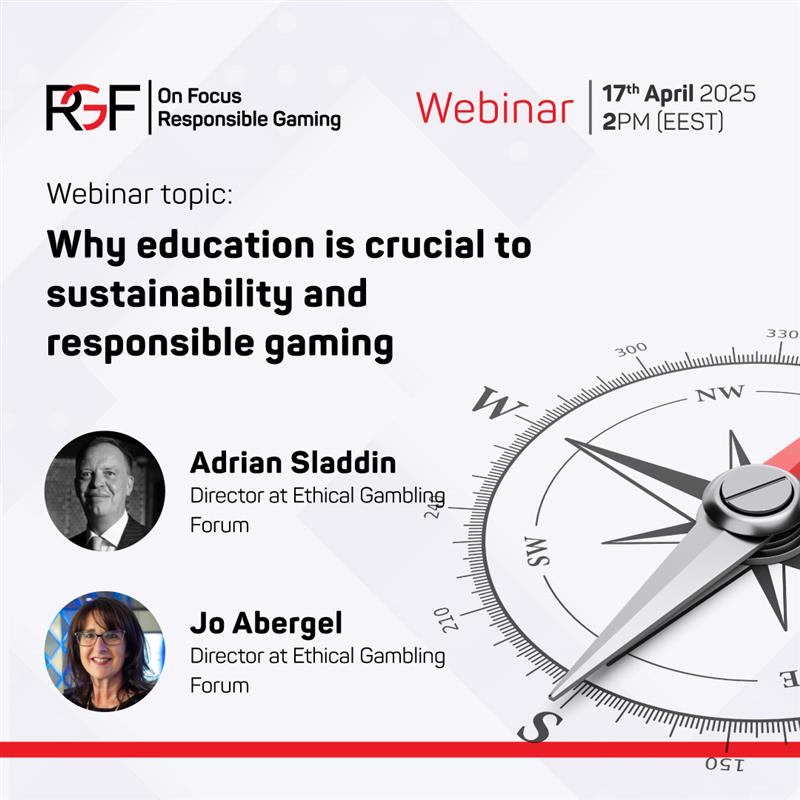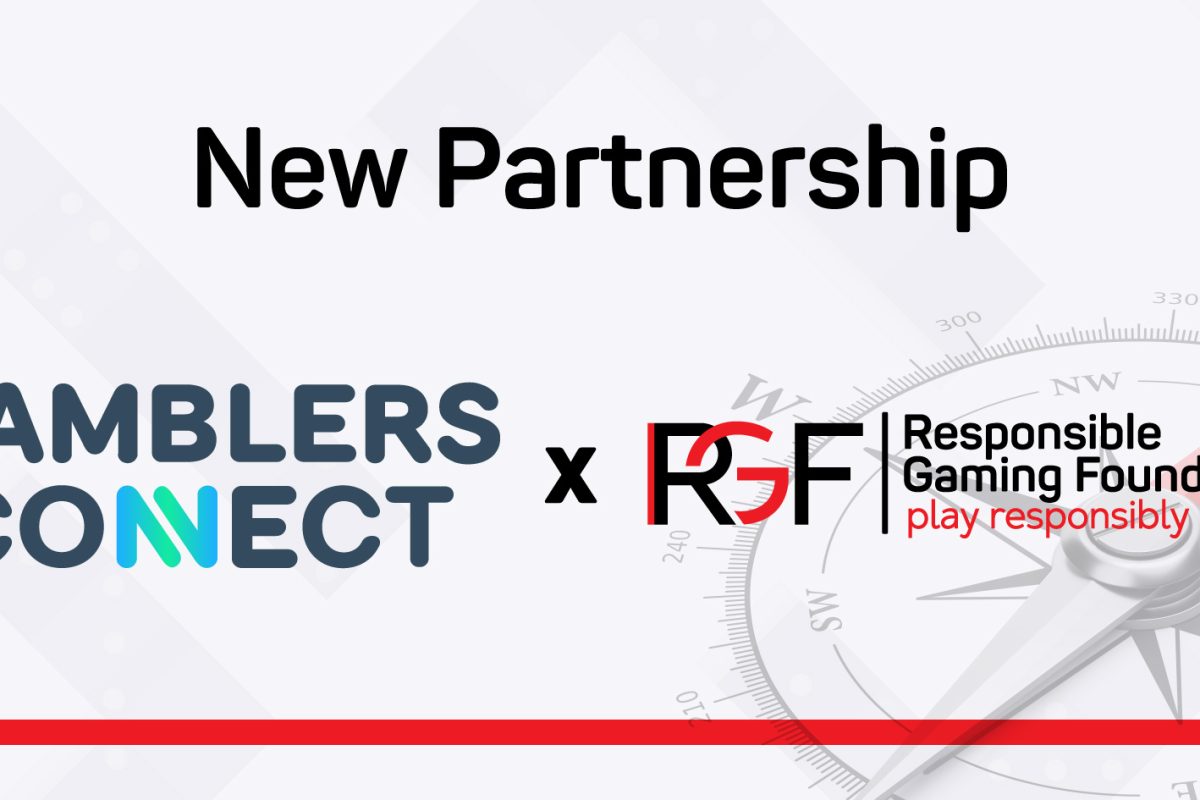Last week, industry professionals gathered virtually for an engaging and thought-provoking webinar on education in the gambling industry, hosted by the founders of the Ethical Gambling Forum, Jo Abergel and Adrian Sladdin. The session brought together stakeholders across the gambling and gaming sectors to examine the vital intersection between education, sustainability, and responsible gambling.
The webinar began with a brief yet insightful overview of the history of educational initiatives within the industry. Jo and Adrian then delved into the increasingly urgent need for tailored training and awareness, especially in light of evolving player demographics and behaviours. A focal point of the discussion was Generation Z, digital natives whose engagement with gambling is often shaped by their experiences with online gaming and social media.Highlighting the merging of gaming and gambling, the speakers emphasized how critical it is for operators to understand and adapt to these changes. As Gen Z consumers blur the lines between entertainment and wagering, the demand for innovative educational strategies to promote responsible gambling has never been greater.Throughout the session, Jo and Adrian shared practical strategies to enhance player protection, build consumer trust, and support regulatory compliance. They also underscored the Ethical Gambling Forum’s mission to provide operators with customized training programmes that not only meet compliance standards but also foster a culture of safety and sustainability.Attendees left with a clearer understanding of how education can be a driving force in ensuring the long-term health of the gambling industry. By equipping stakeholders with the right tools and knowledge, the sector can continue to evolve responsibly in an increasingly digital world.





